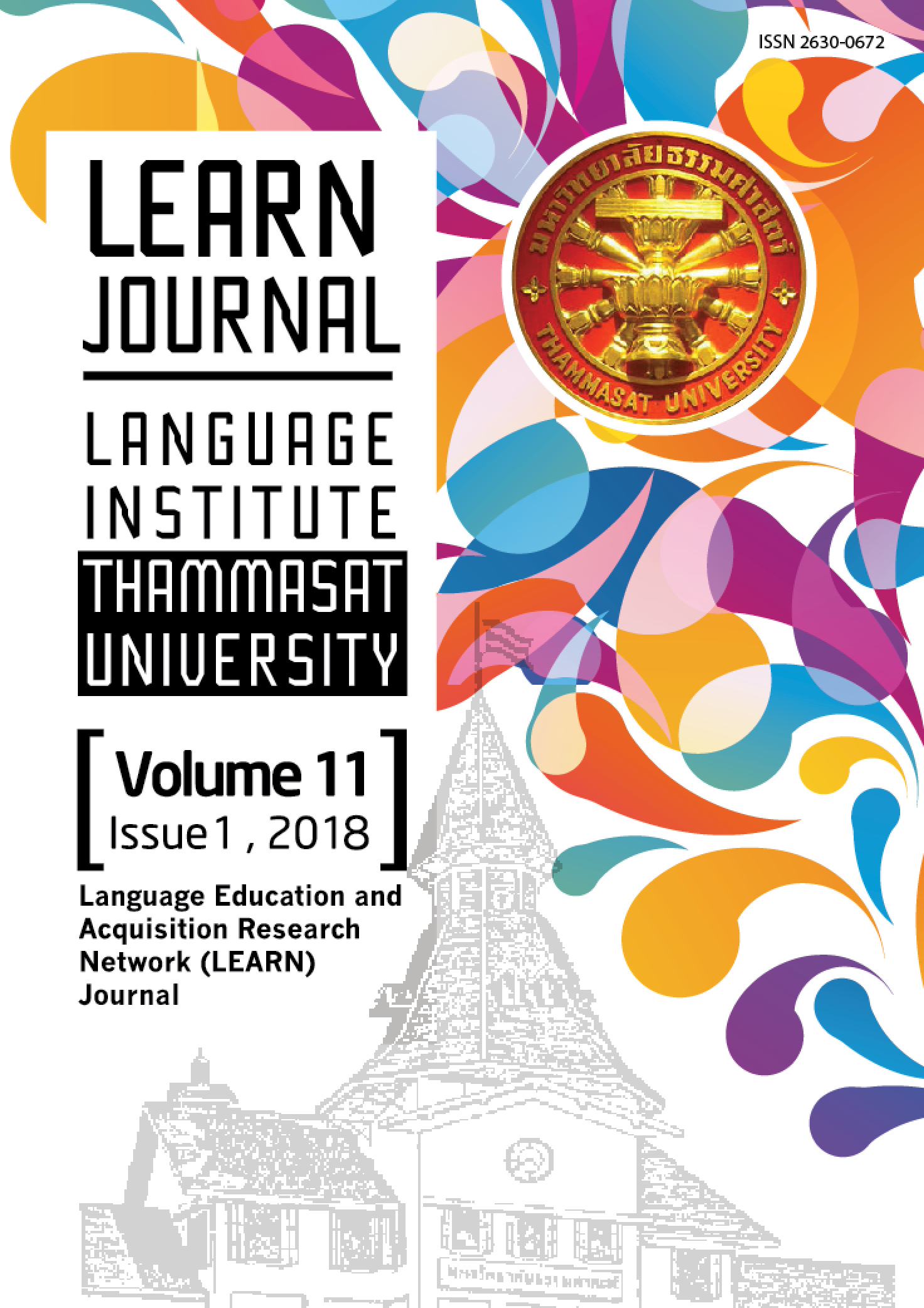The Correlations among Learning Motivation, Autonomy and Language Proficiency in Chinese EFL Context
Main Article Content
Abstract
Due to university students’ poor English language proficiency in mainland China and the fact that many English educators ascribe this issue to learners’ weak autonomy and learning motivation, this study attempted to explore the correlations among learning motivation, learner autonomy, and language proficiency in Chinese EFL context. To arrive at this aim, cluster sampling method was used to select 458 non-English major students from one university in Henan province, China as research subjects. English Learning Motivation Questionnaire (ELMQ) and Learner Autonomy Questionnaire (LAQ) were adopted to investigate the participants’ learning motivation and learner autonomy respectively. The participants’ language proficiency was measured by their CET-4 scores. Results of the Pearson correlation analysis showed that learning motivation and autonomy were significantly and positively correlated with each other, and both of them had significant positive relationships with language proficiency. The results of path analysis indicated that learning motivations could better predict the variance in language proficiency when compared with learner autonomy. Pedagogical suggestions are offered to English teachers in assisting their students with regards to the improvement of language proficiency.


